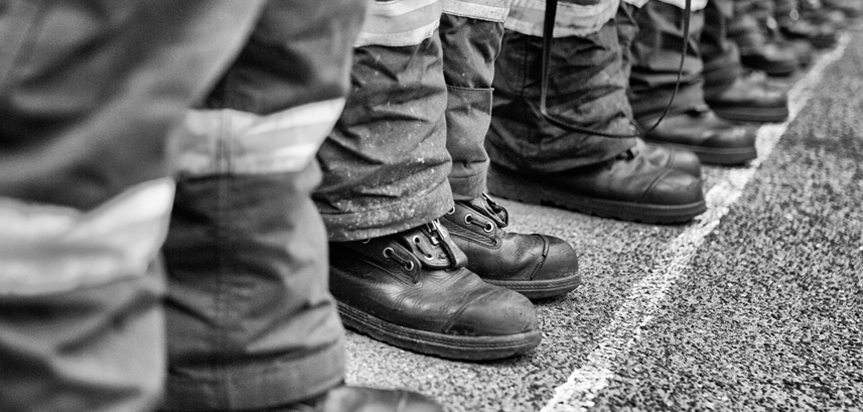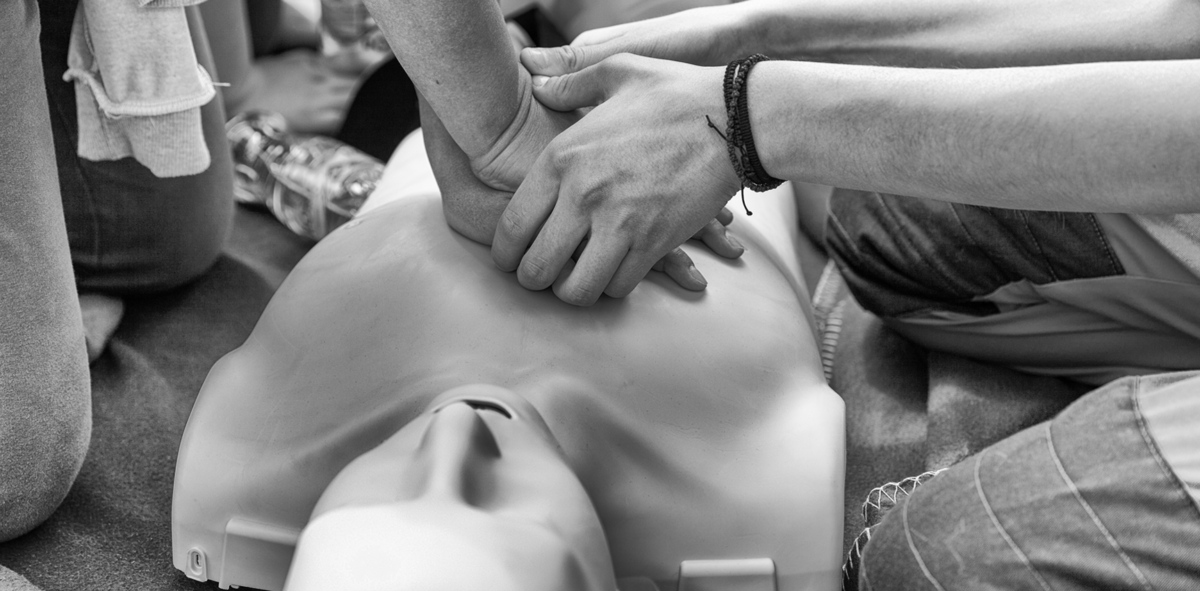Being an emergency responder is a mentally, emotionally, and physically demanding career. The long hours and potentially dangerous situations emergency responders face each day can take a toll on even the most resilient people. The life of an emergency responder is often a controlled chaos that requires a specific type of person to roll with the punches. If you are considering pursuing a career as an emergency responder, EMT, paramedic, or firefighter, here are five qualities that can help you along the way.
Composure in Emergency Situations
Perhaps the most obvious quality one needs to be an emergency responder is the ability to stay calm in an emergency situation. Because you cannot predict what kind of situations you respond to on a day to day basis, you have to be able to stay focused on performing your job to the best of your ability. Your ability to do so could be the difference between life or death for someone.
Maintaining your composure while on duty means being able to provide life-saving care in dire situations. While firefighters and police officers focus on controlling and suppressing an emergency situation, emergency responders must be prepared to provide medical support as needed. This includes treating the critically injured or ill until they can be transported to definitive care at a hospital or trauma center. Your primary objective is stabilization until more advanced care can be performed.
Adaptability
While training for emergency responders is extensive and continuous, there’s no way to prepare for all eventualities. Being able to adapt and change your approach as necessary is vital. This goes hand-in-hand with the next trait all emergency responders should have: the ability to think critically.
Critical Thinking
Critical thinking in emergency situations means applying your extensive training to real world scenarios.
Being able to adapt to changing situations requires one to think on your feet, using your knowledge to develop a plan as you go. Assessing things quickly and determine your best course of action is crucial to saving lives.
Communication Skills
Emergency responders work as a team, and your ability to communicate effectively directly impacts the team’s competence. Despite what Hollywood portrays, trying to be the hero can make a bad situation much worse. Instead, you need to be able to deliver important information quickly and clearly to the rest of your team, allowing them to do their jobs properly. This teamwork not only helps to save lives, but is necessary for the safety of everyone involved.
Effective communication skills also include the ability to receive and comprehend information, including orders. An active scene is not the time for ego or debate. In the rare occurrence that a better course of action is available, communicate that alternative. Making that decision on your own leaves your team caught off guard and out of the loop.
A Strong Stomach
It should go without saying, but being an emergency responder will expose you to sights and smells you likely would not experience otherwise. There is no way to fully prepare for your first experience with a difficult scene. However, having a strong constitution can help you stay focused on performing your job to the best of your ability. If you are easily made sick by the sight of blood, vomit, or gore, coping with the job may be more difficult for you.
If you are driven by an earnest desire to help those in need, and you possess the above qualities, Performance Training Systems can help you get your dream career. With EMS exam preparation services and online learning tools available, we are dedicated to helping emergency responders across the country fulfill their full potential.
For more information about our prep services, including EMS and firefighter exam preparation, contact us today!


